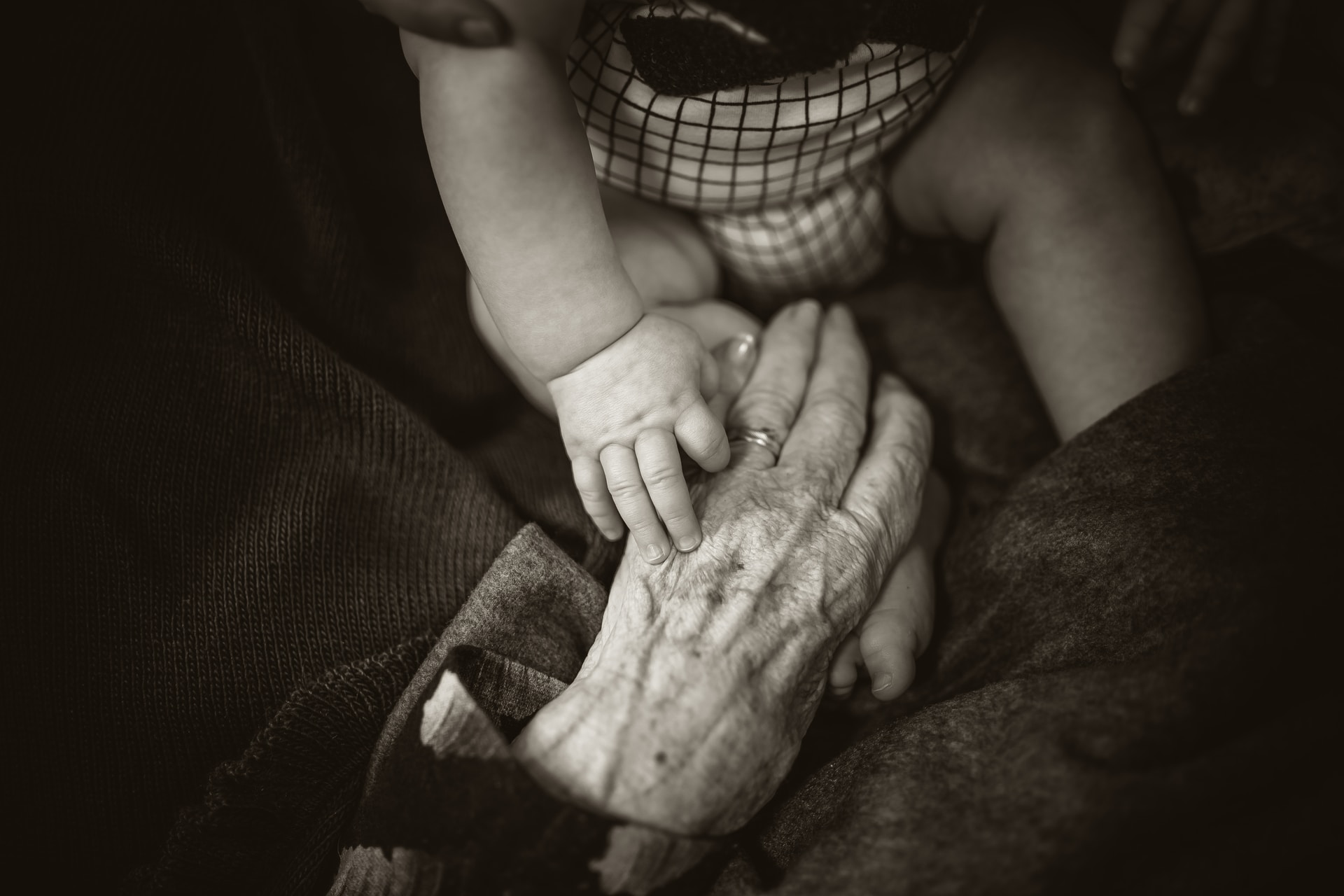Coping with grief and loss after a death is often pushed aside in our society. We know that it is inevitable when we love someone so much, but we don’t give ourselves the time to work through it. Most of us don’t know how; Maybe your parents rarely ever spoke about your grandma when she died, except maybe on the anniversary of her death.
While grief is completely normal, it can often get “sticky”, picking up feelings of dismissal when friends and family question why you’re “still” thinking about your loved one who’s died. Since most people just try to push through without taking time to process a loss, grief can get tangled up in unhealthy coping or trauma as you move through life.
Common symptoms of grief can be physical, emotional or social. Every grieving experience is different, even if you’re mourning the loss of the same person.
A few common symptoms are:
- Crying and sighing
- Headaches
- Loss of appetite
- Difficulty sleeping
- Fatigue
- Feelings of sadness and yearning
- Feelings of worry or anger
- Feelings of frustration or guilt
- Feeling detached from others
- Behaving in ways that are not normal for you


